All participants at this year’s schubert.talks agreed on one thing: in light of climate change, all sectors – manufacturers, transport or energy – must dare to transform to more efficient, resource-saving and climate-friendly processes. But how can this be done properly?
Experts and high-level decision makers from industry, the public sector as well as research facilities gathered at this year’s Schubert.talks event, hosted by and at one of accilium’s offices in Vienna. Appropriate for our time, the motto of the event was “Transformation | How climate change poses major challenges for the manufacturing industry and the role played by digital transformation”
“We are very pleased that so many of you, who play essential roles in building a sustainable, customer and citizen centric mobility ecosystem for the future, have accepted our invitation. We believe the success of schubert.talks, is mainly due to the close environment, which invites an open exchange of ideas – something we appreciate a lot. It should encourage us all to not just talk about our transformation success stories, but about its inherent difficulties one might have faced along the way and how we dealt with them. So much more insightful!” were the welcoming remarks of Peter Allan, Alexander Hotowy and Alexander Rauscher (Co-Founder and Managing Partner accilium). “Transformation is certainly the topic of the hour and something we feel very passionate about as we – accilium – focus all of our efforts on digital transformation within the mobility ecosystem, which will allow us to double in size this year and by 2025 we will have grown to a Management Consultancy with 200 Experts, giving us the necessary impact, a claim we have always wanted to live up to.”
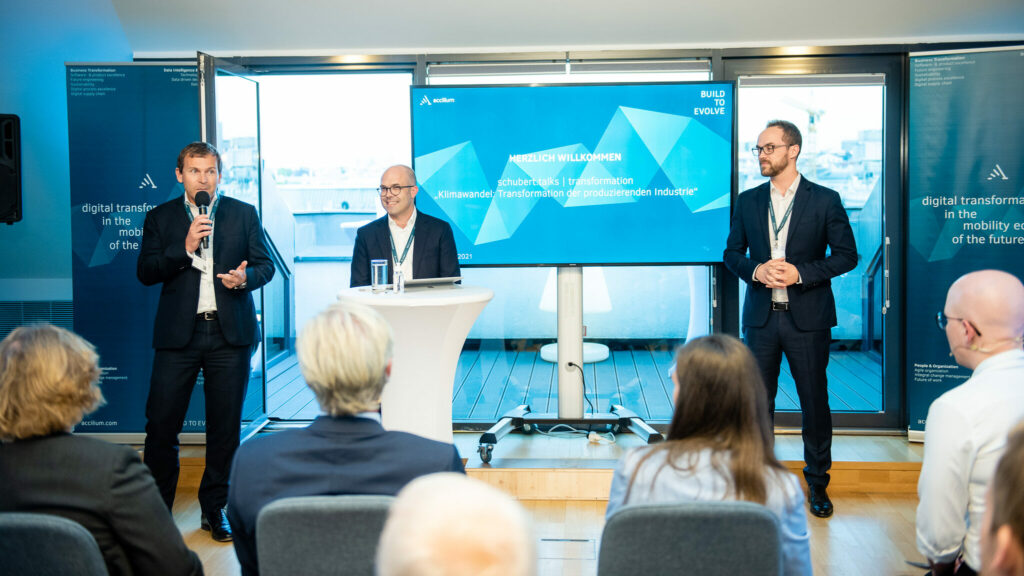
With her keynote “Climate Change and Climate Protection”, Dr. Ilse Schindler, Head of the Department of Industry and Energy Generation at the Environment Agency Austria, opened the evening accordingly and described the European and national goals for climate protection in front of approximately 80 guests: “The EU states that we want to be climate neutral by 2050. The Austrian Federal Government wants to achieve this goal even earlier by 2040: There is still a lot to do, because with a view to cross-sectoral energy generation, we unfortunately still use far too much fossil resources.”
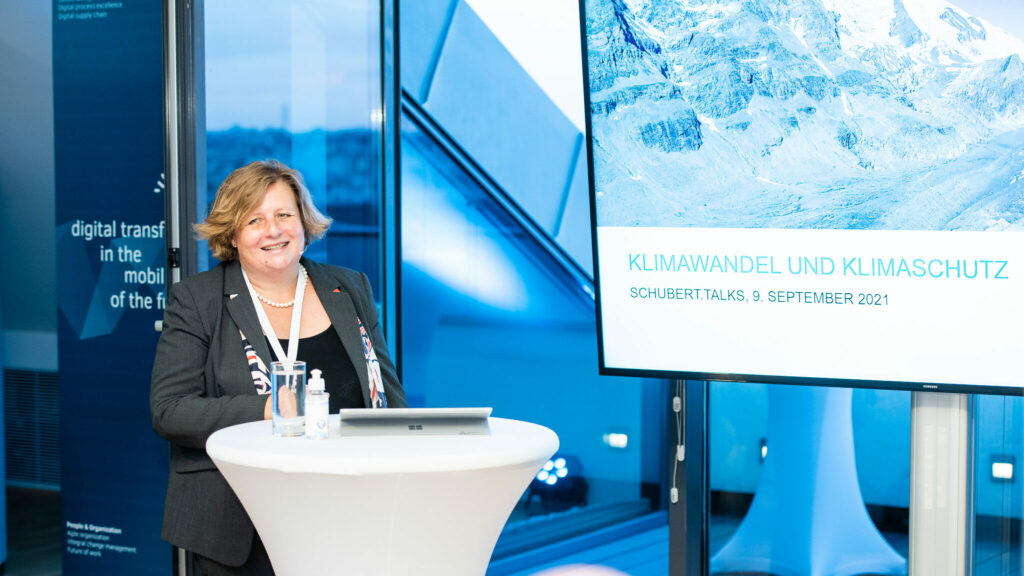
And to reach the ambitious goals, the graphs that show our CO2 emissions would already have to drop very steeply towards zero today. So, what needs to change? “We should not see transformation, whether in a corporation or in society, as a threat. After all, without consistent development, we will not be able to master the challenges of the future. Especially since the costs of our inaction are so much higher,” explains Dr.h.c. Thomas Faustmann (Chairman of the Board of Management, AUDI HUNGARIA Zrt. & Head of Pre-series Centre AUDI AG ret.) one of the major challenges of transformation processes: Scepticism.
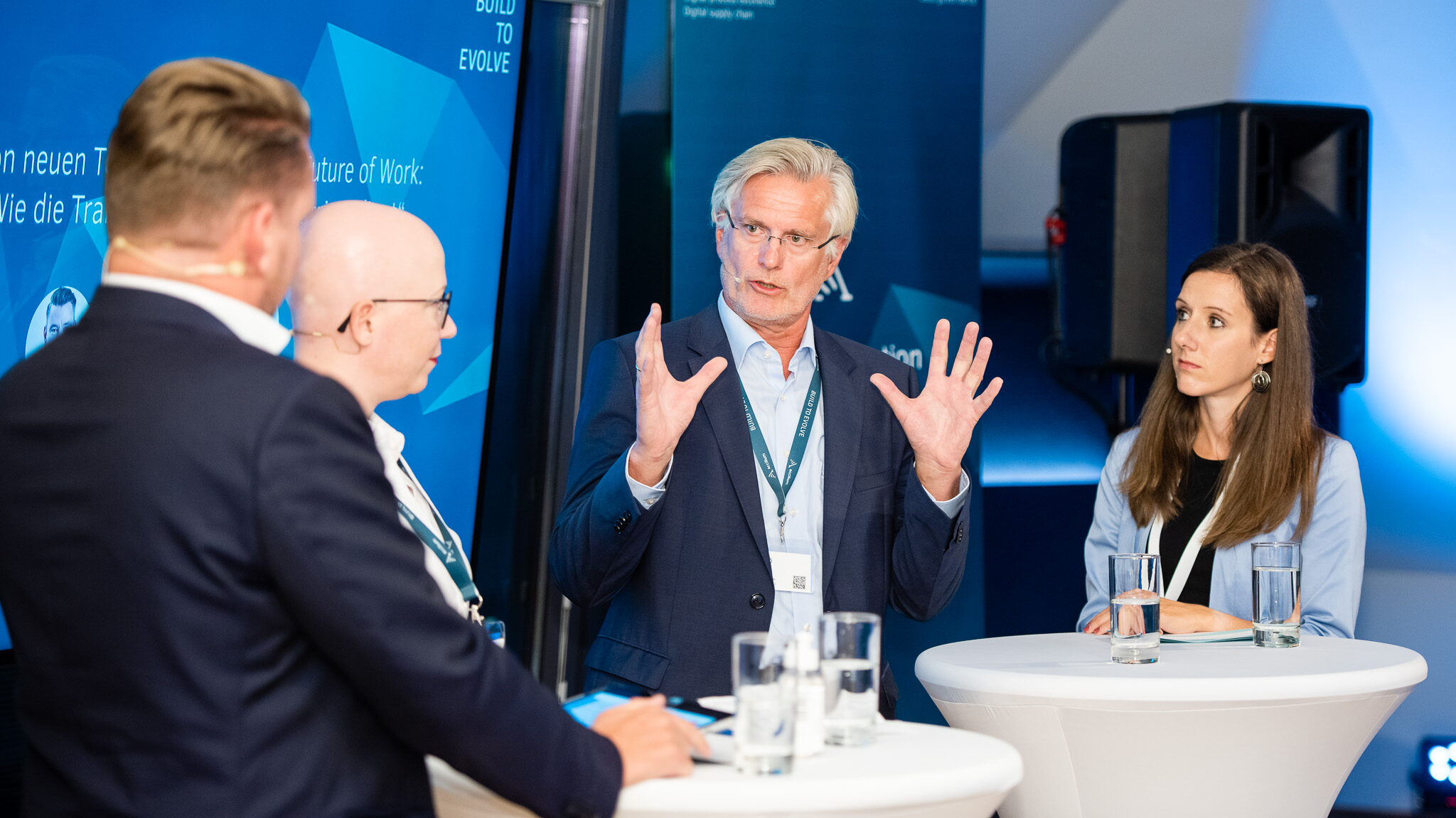
According to Anna Huditz, Head of Competence Unit Transportation Infrastructure Technologies at the Austrian Institute of Technology, this scepticism is due to the fact that today’s goals are either so far in the future that they appear too abstract or, on the other hand, seem almost impossible to achieve. As a solution, she offers to “focus more on continuous work and intermediate steps in long-term and ambitious change projects. Otherwise, the employees, who have to support such a goal, can no longer identify with it because of the force of the change.”
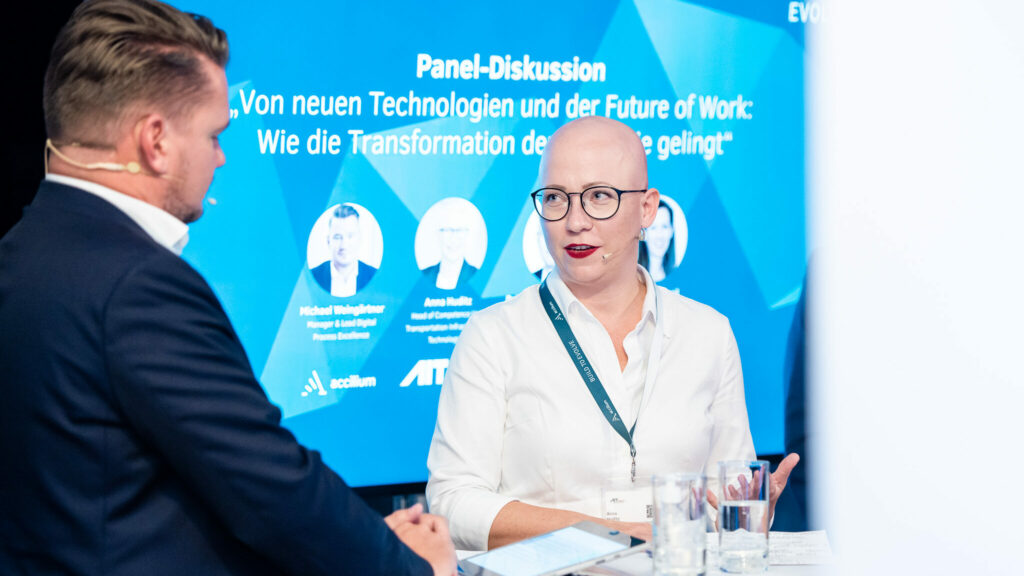
Claudia Strassil, Human Resources Business Partner at Wien Energie, experiences precisely this problem every day. For major changes in companies, clearly communicated goals are needed: “And it is very important not only to consider the goals for the company, but also to include the individual goals of the experts. If these two sets of goals are harmonious, I can design the development steps of the employees in such a way that they not only support the changes but also help shape them.”
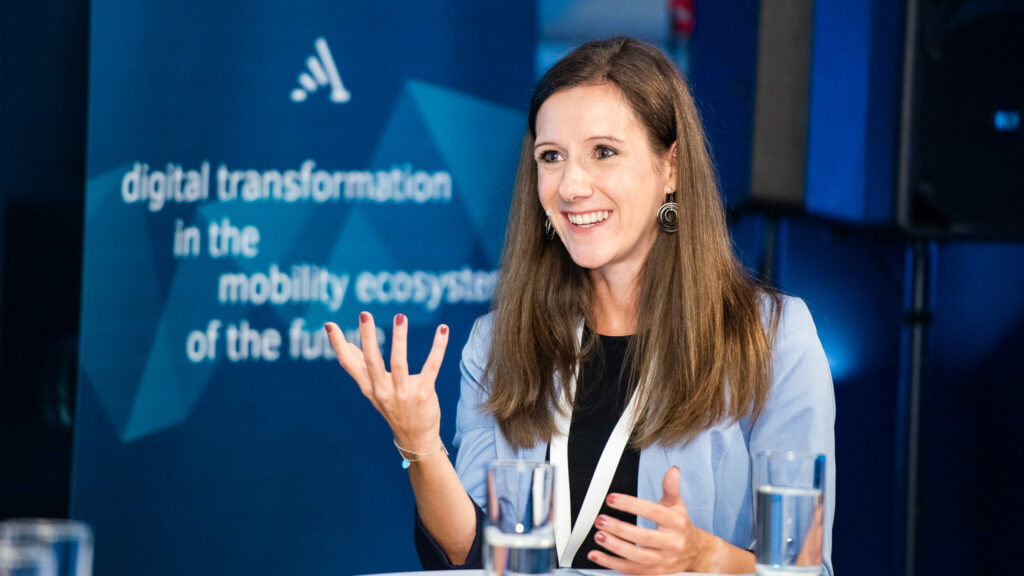
One thing is certain: The challenges for companies in the manufacturing industry have become even greater in recent years. In addition to the shortage of skilled workers, pressure on margins, globalization and, most recently, the pandemic, climate change will be an indispensable factor for the next decades. Michael Weingärtner, Manager & Lead Digital Process Excellence at accilium therefore recommends: “You have to accompany transformation quite differently today. The classic perspective of focusing purely on cost savings and staff reductions no longer works. If you want to transform efficiently, sustainably and innovatively towards the future, you have to be open not only to new technologies but to the entire spectrum of digitalization.
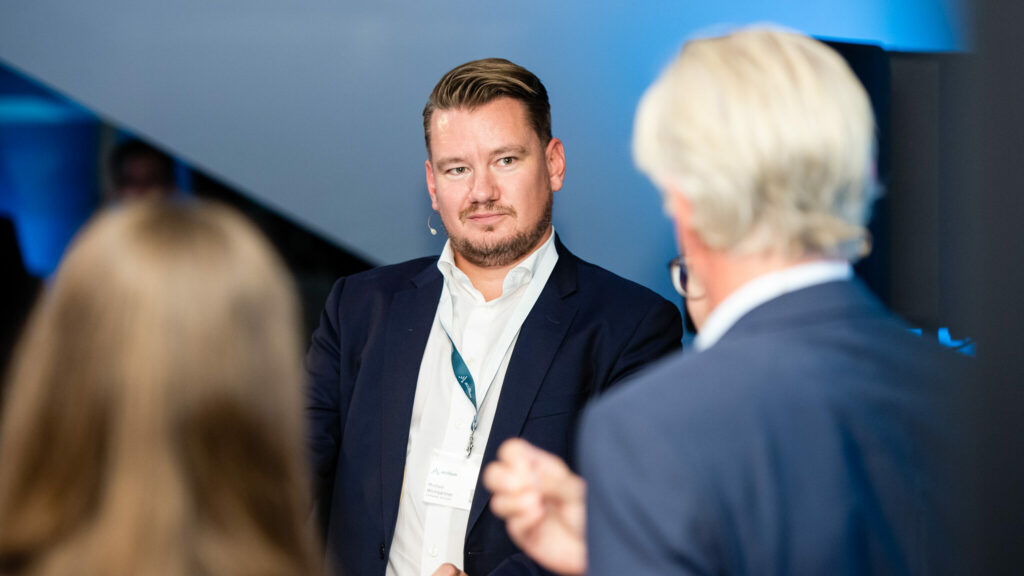
And they do exist, the technologies for a livable future. According to Dr. Isle Schindler, a look at the steel industry is all it takes to show “that it is possible to switch from coal to hydrogen from renewable electricity and that CO2 emissions could thus fall towards zero. Even if our economic system still has to change so that hydrogen is cheaper than coal.”
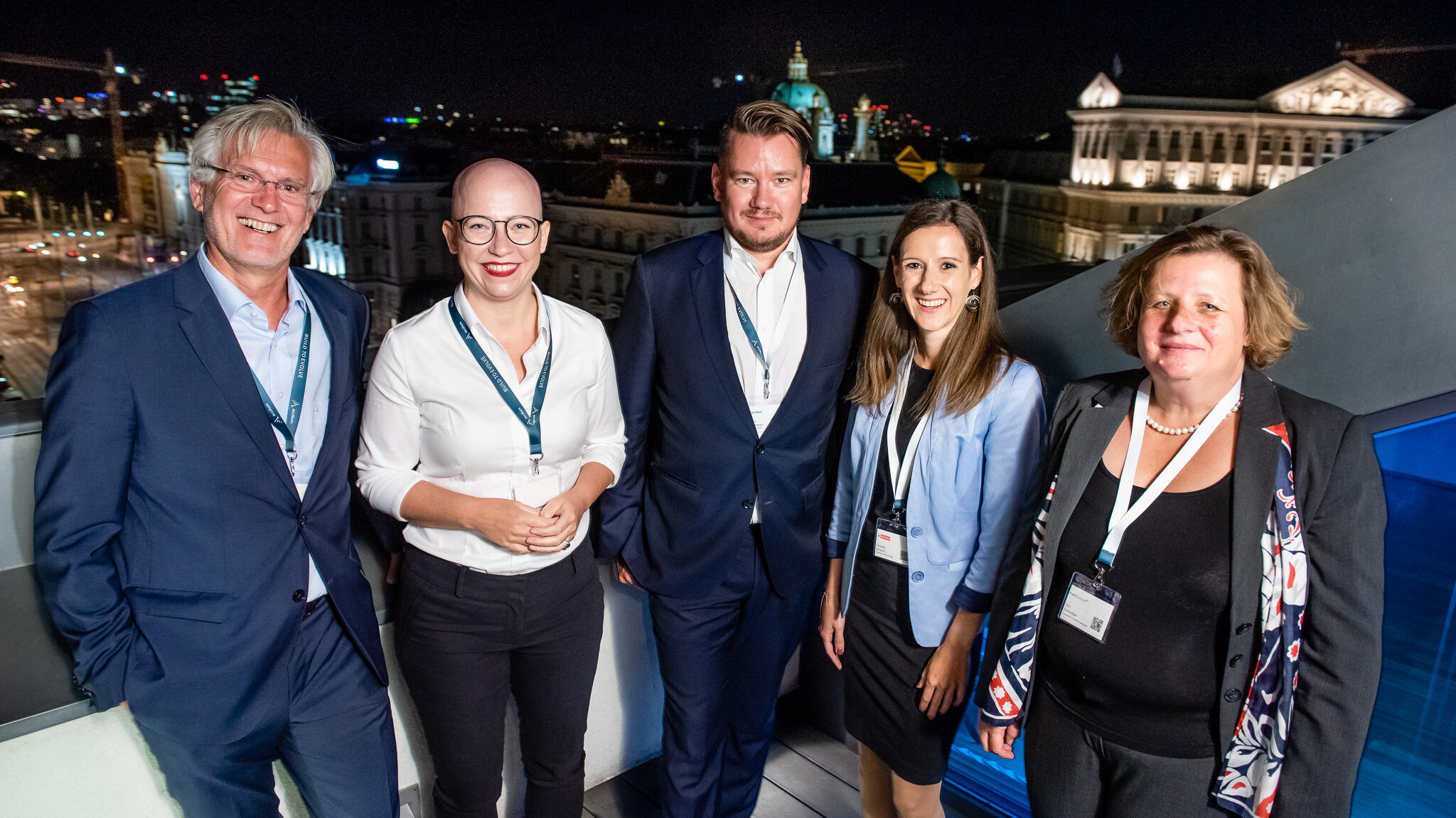
“All of this is doable”, says Dr.h.c. Faustmann, “As long as we see the transformation of our companies and our lifestyles as an opportunity. As an opportunity for a future that makes sense. Yes, in light of climate change, our world and our lives will change. But if we manage this change proactively, we will succeed in making it worth living.”
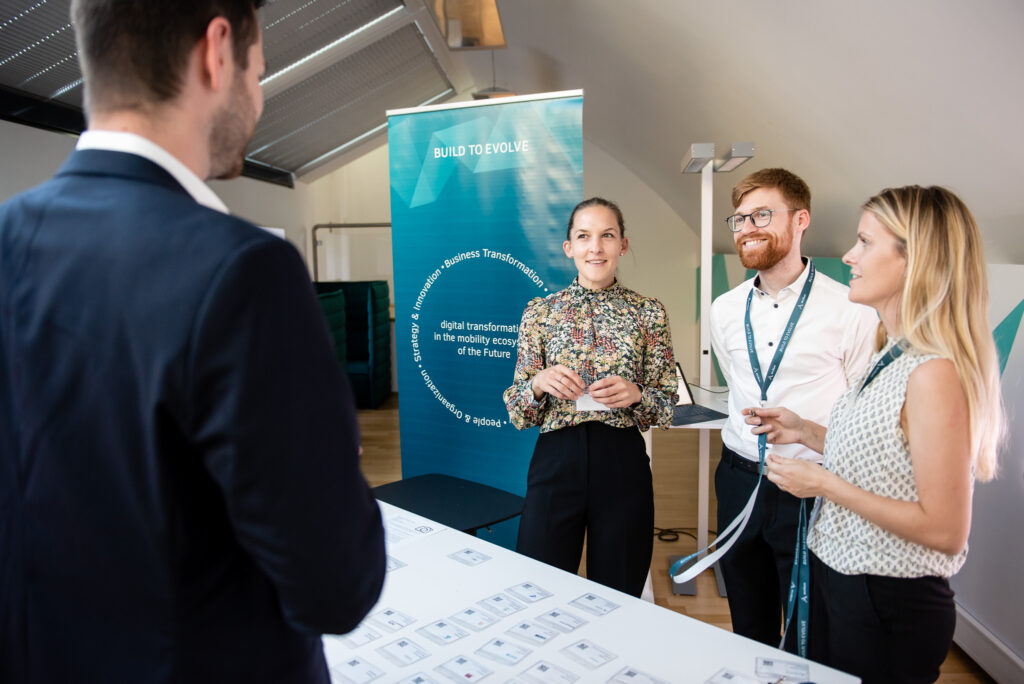
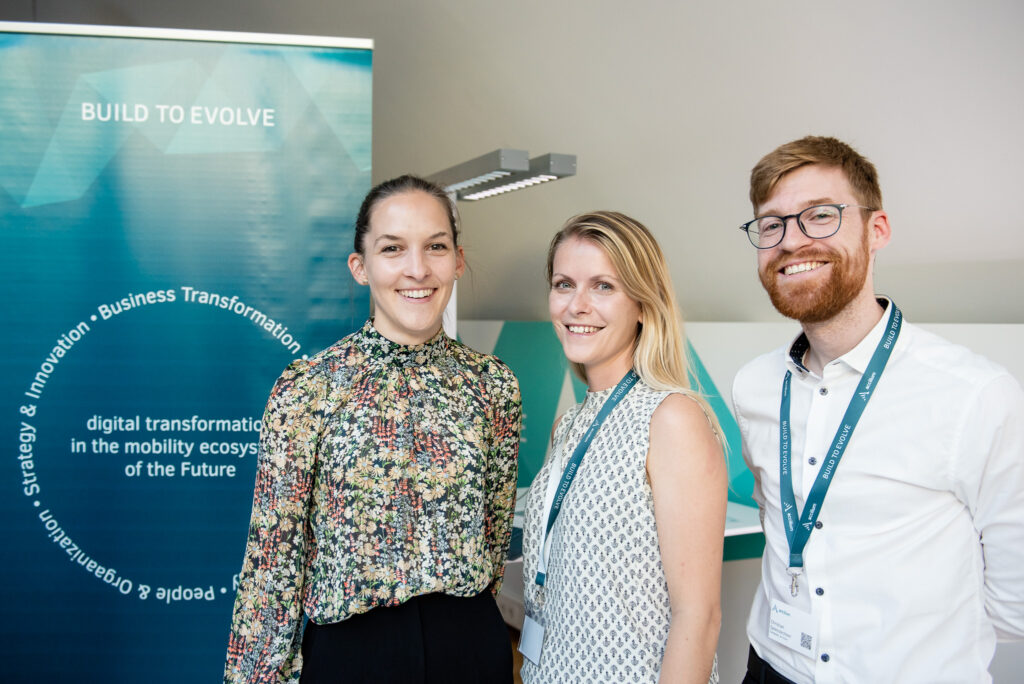
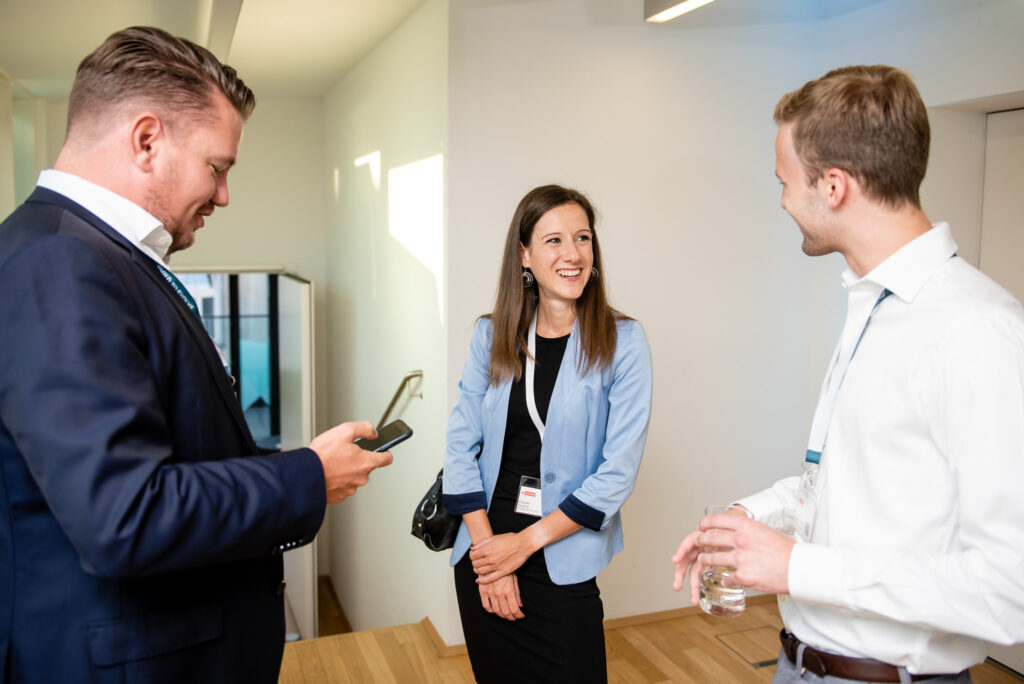
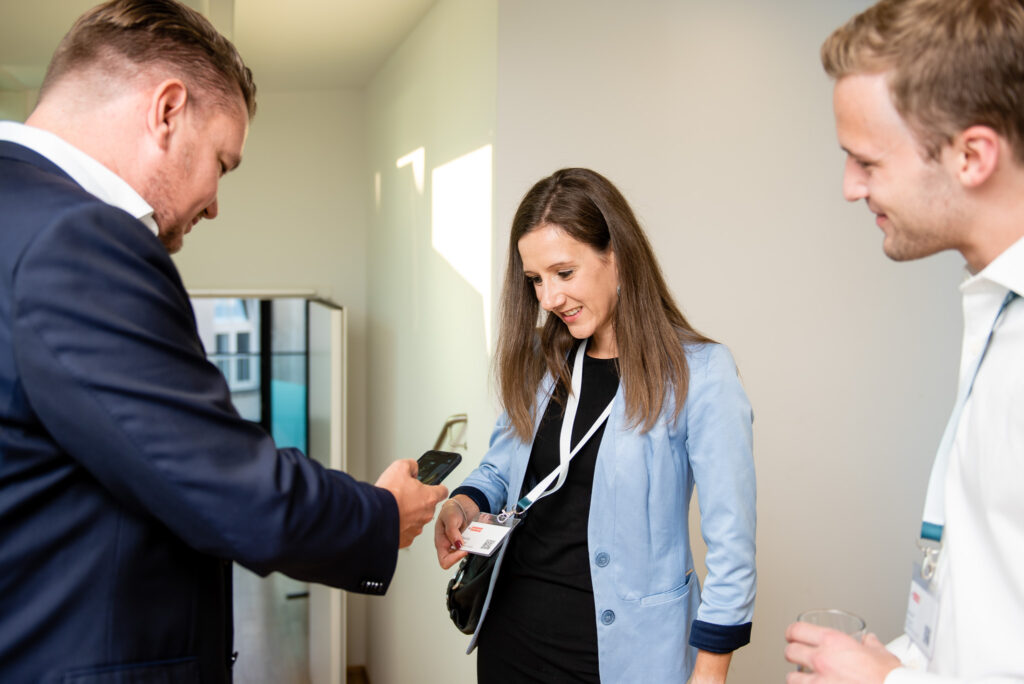
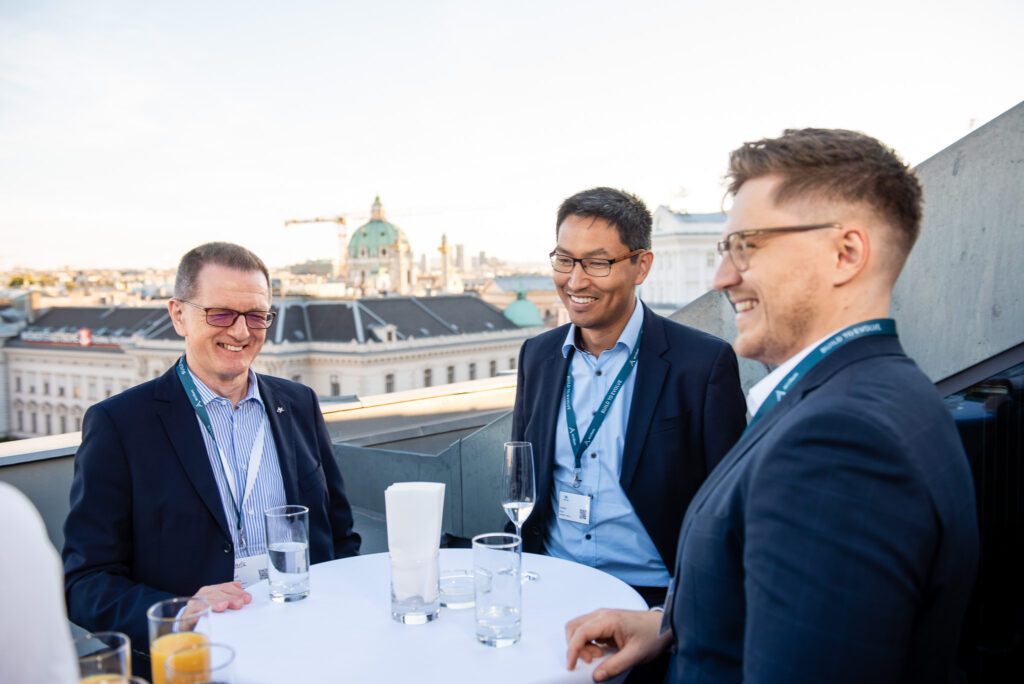
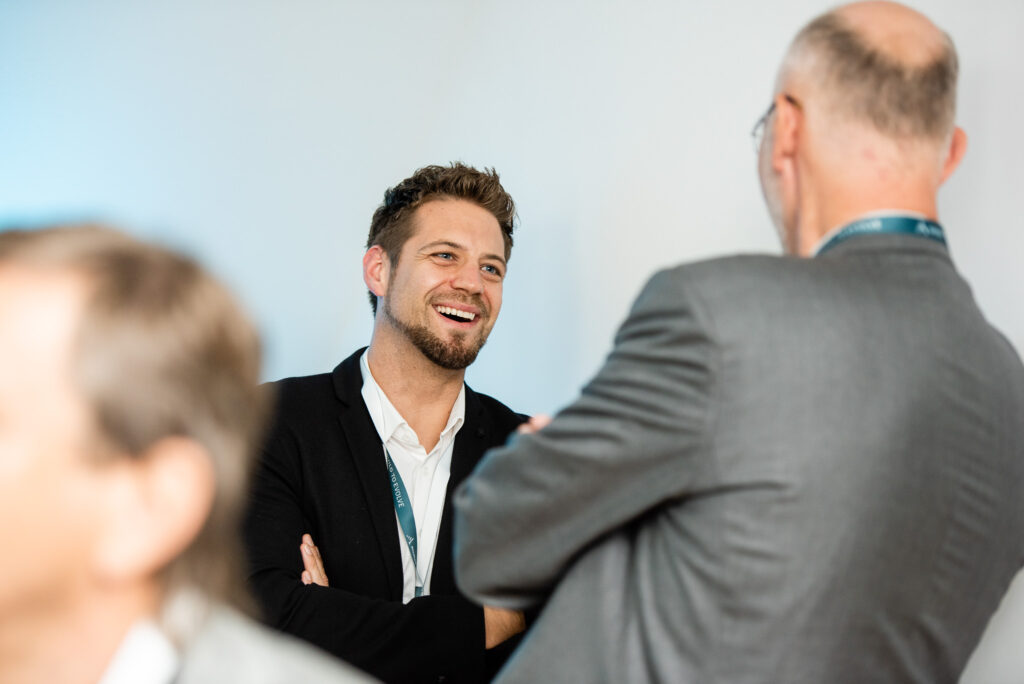
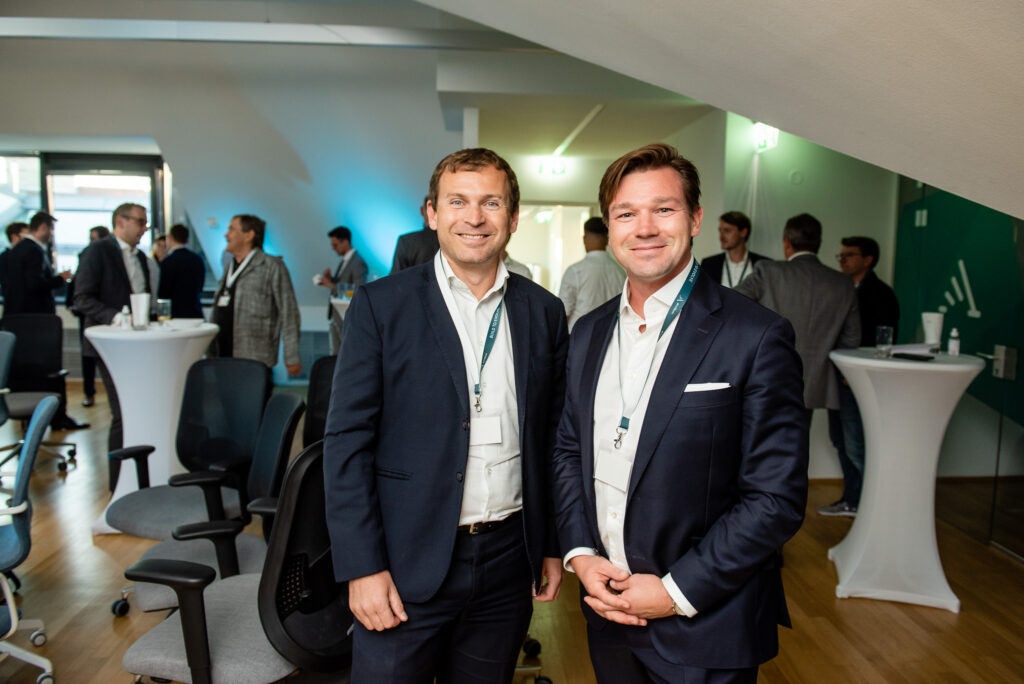
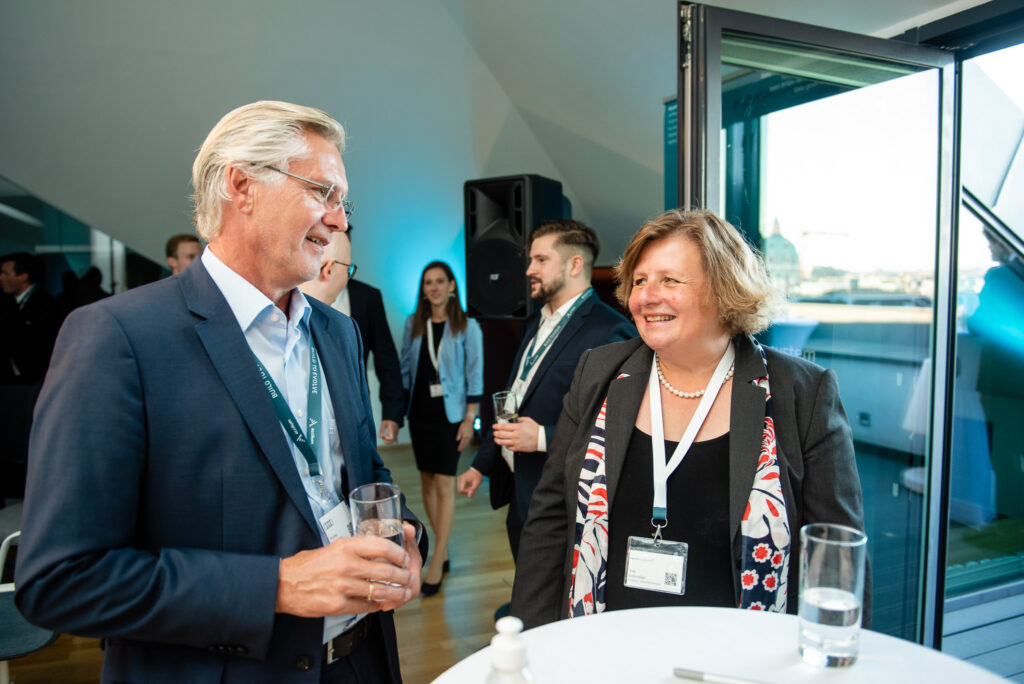
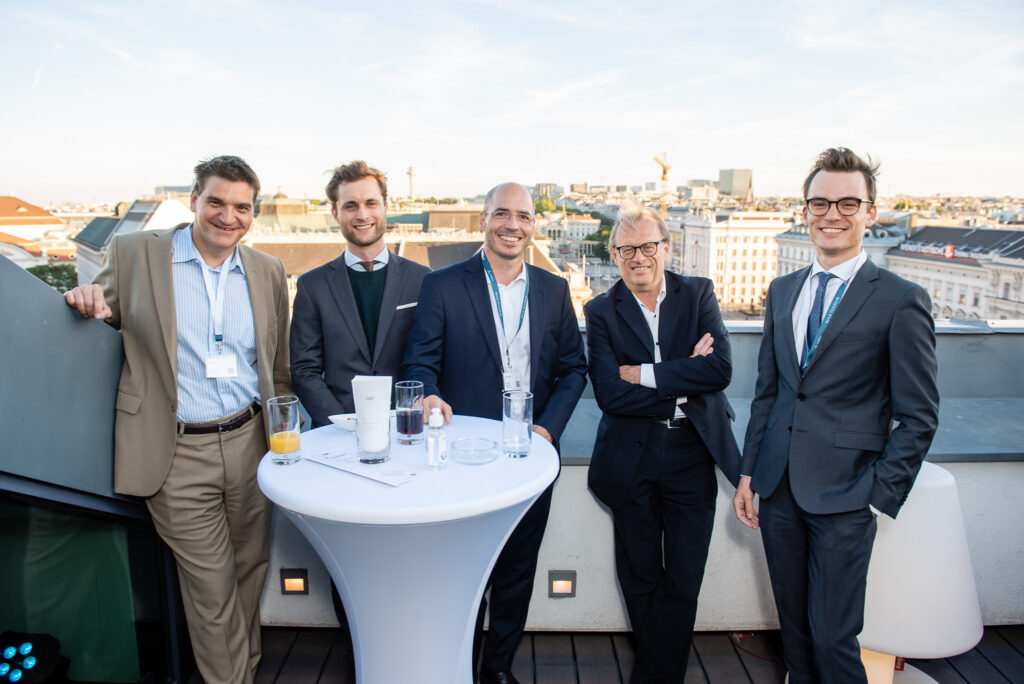
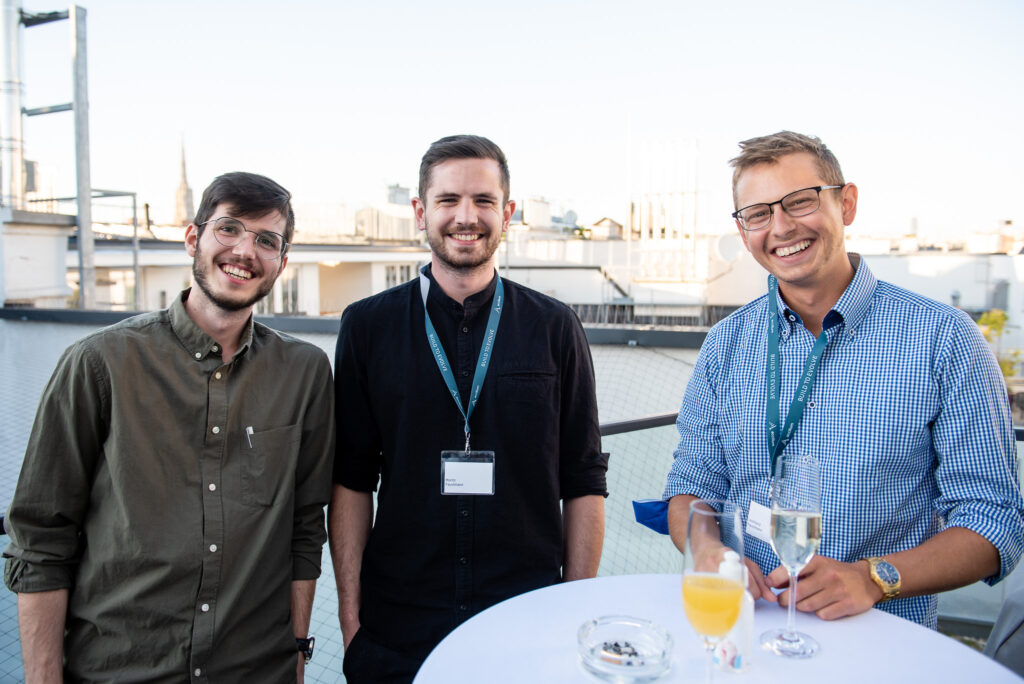
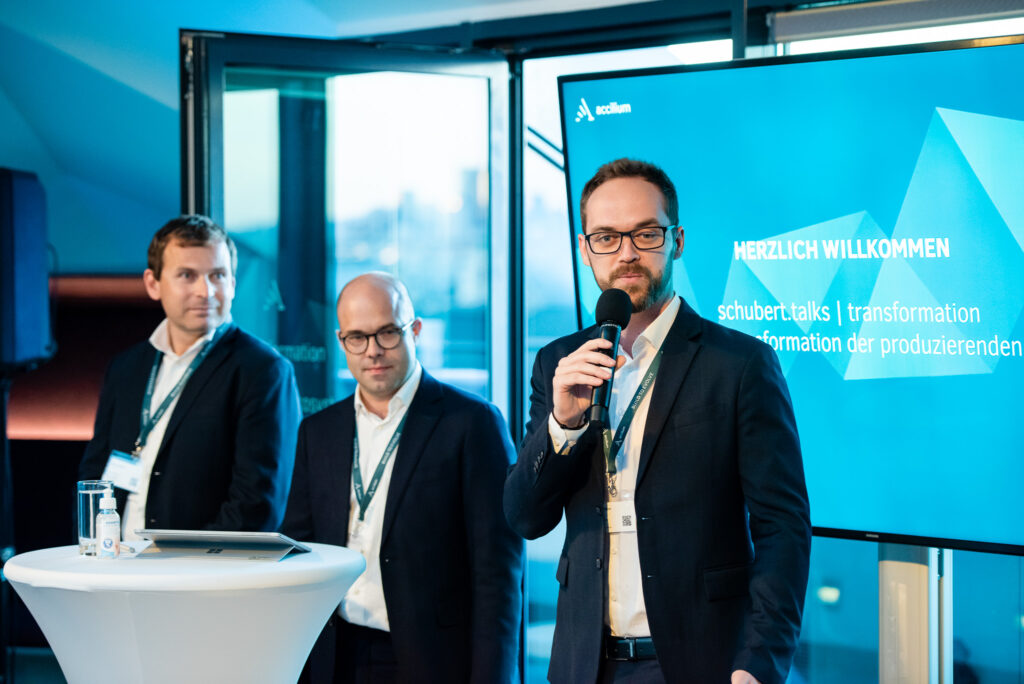
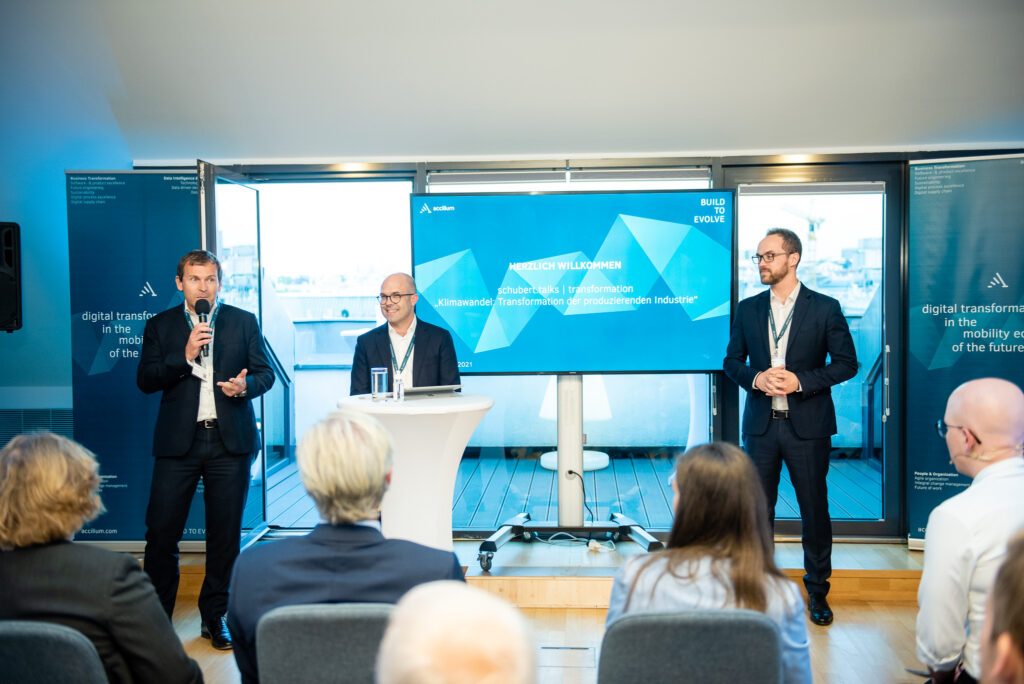
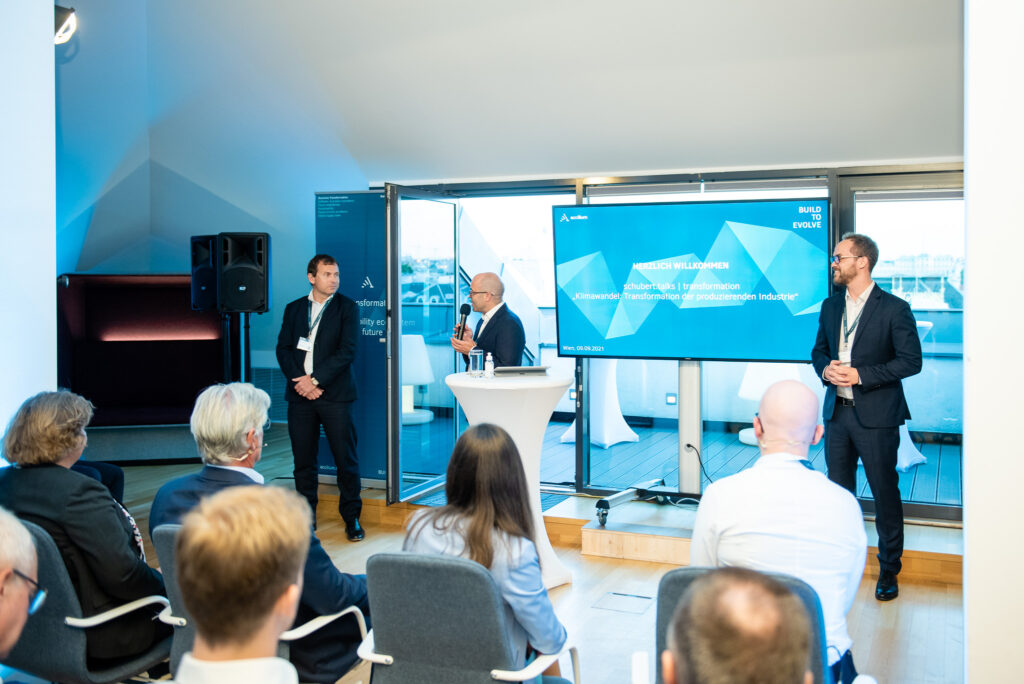
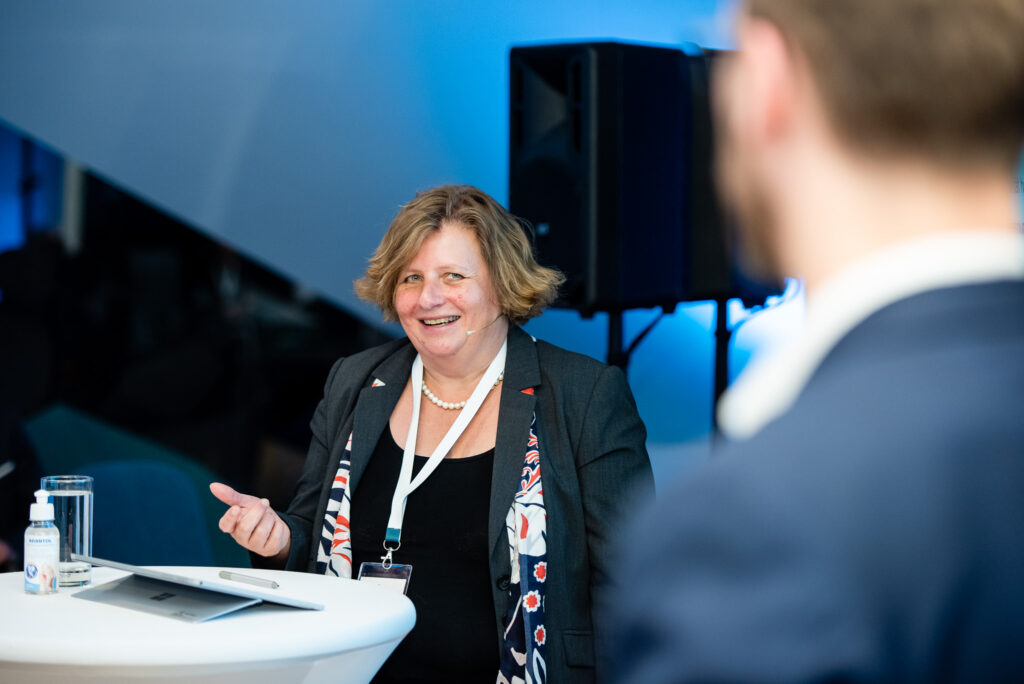
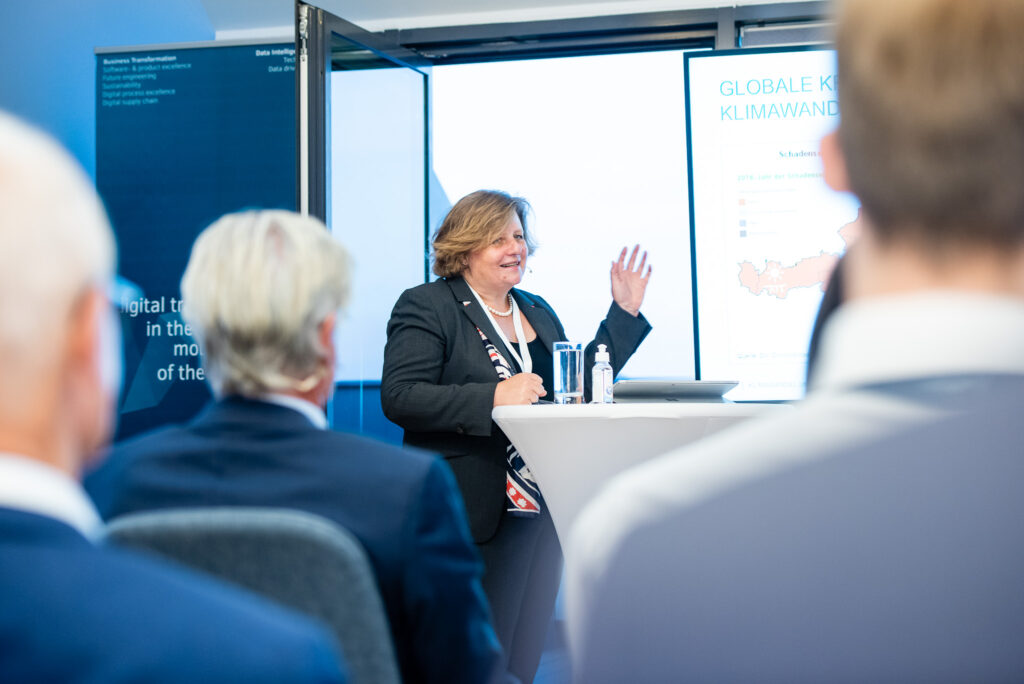
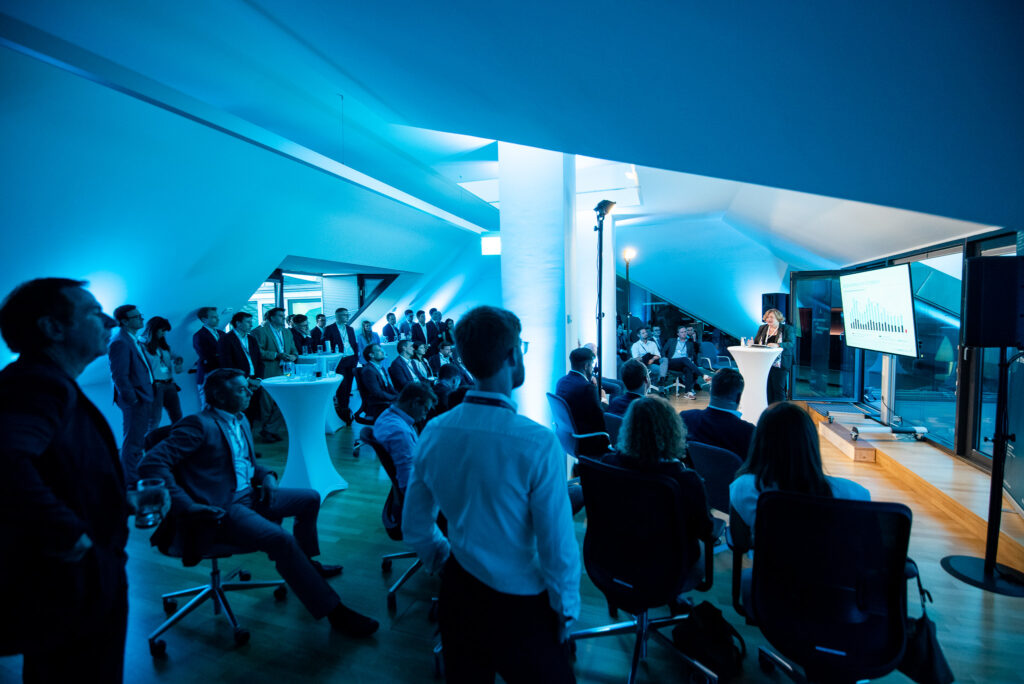
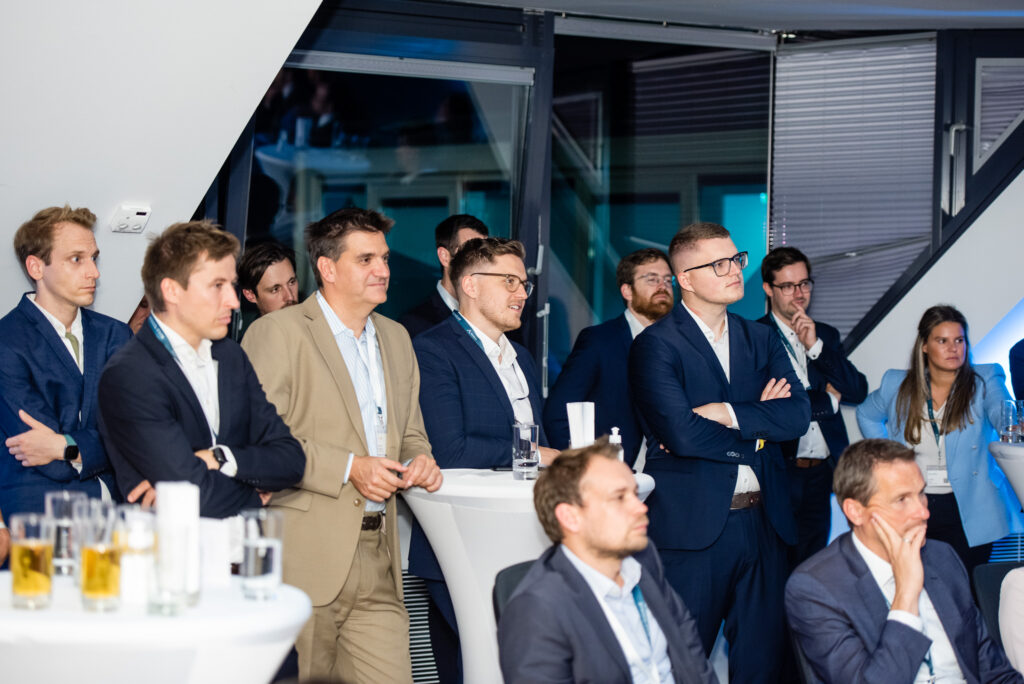


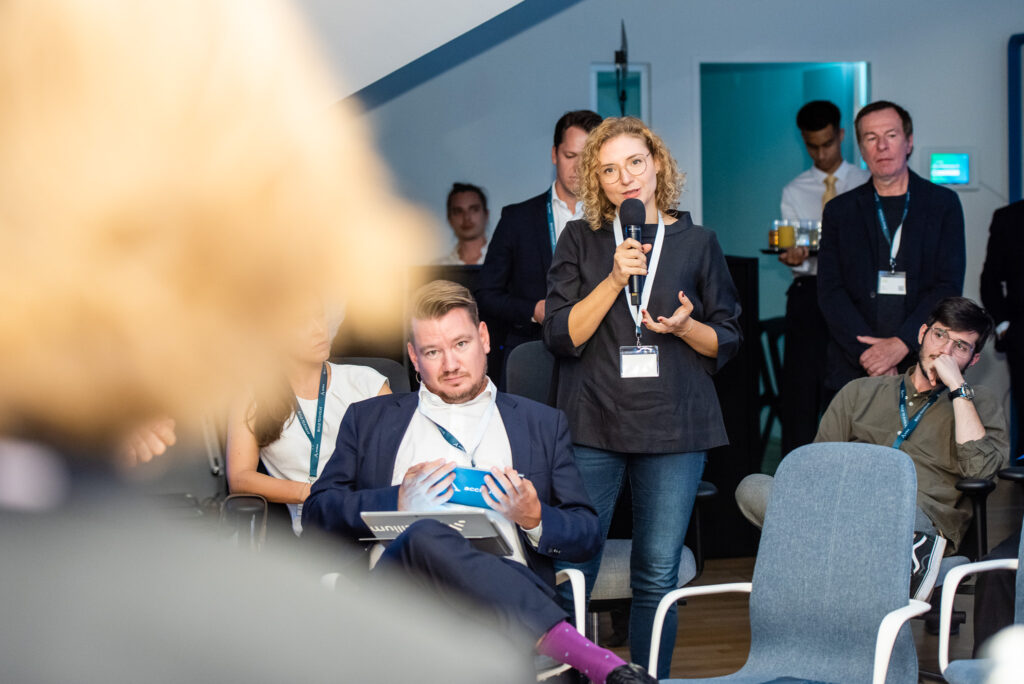

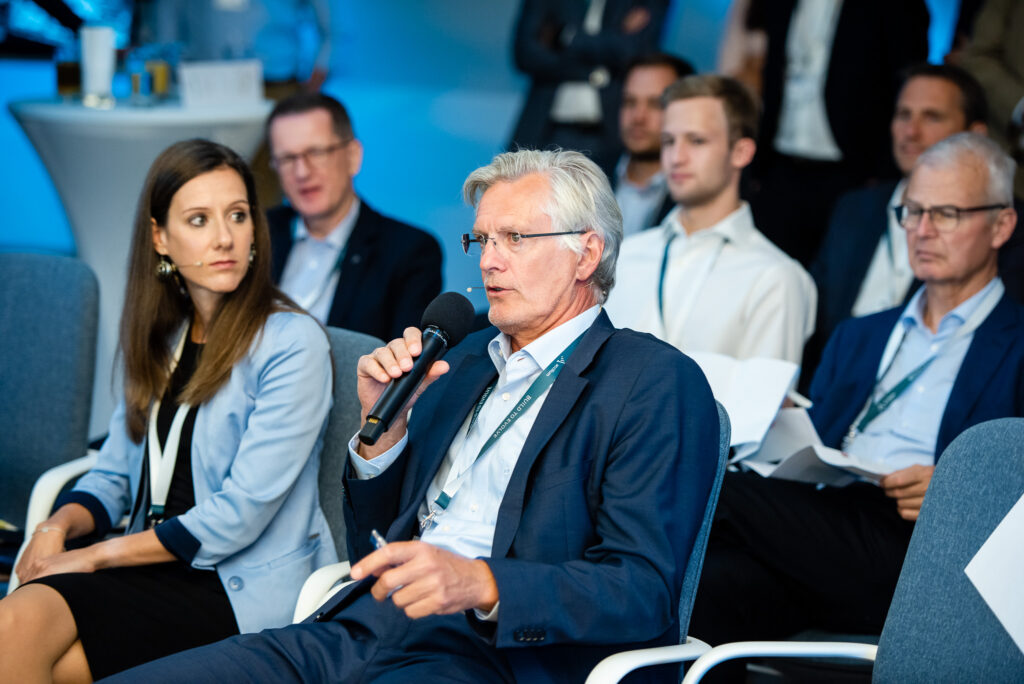
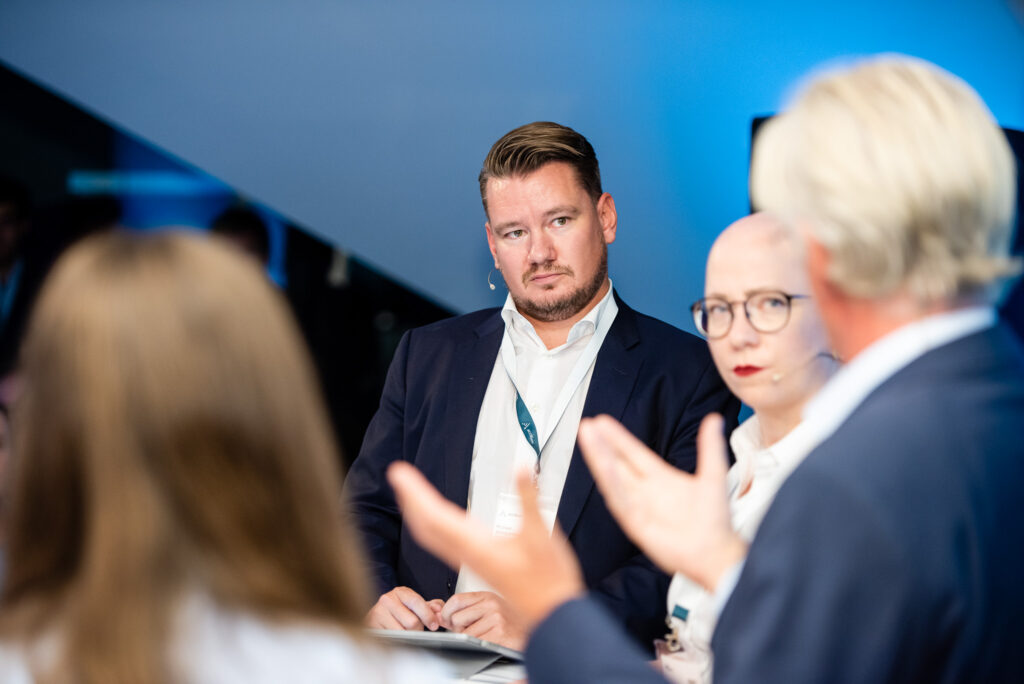
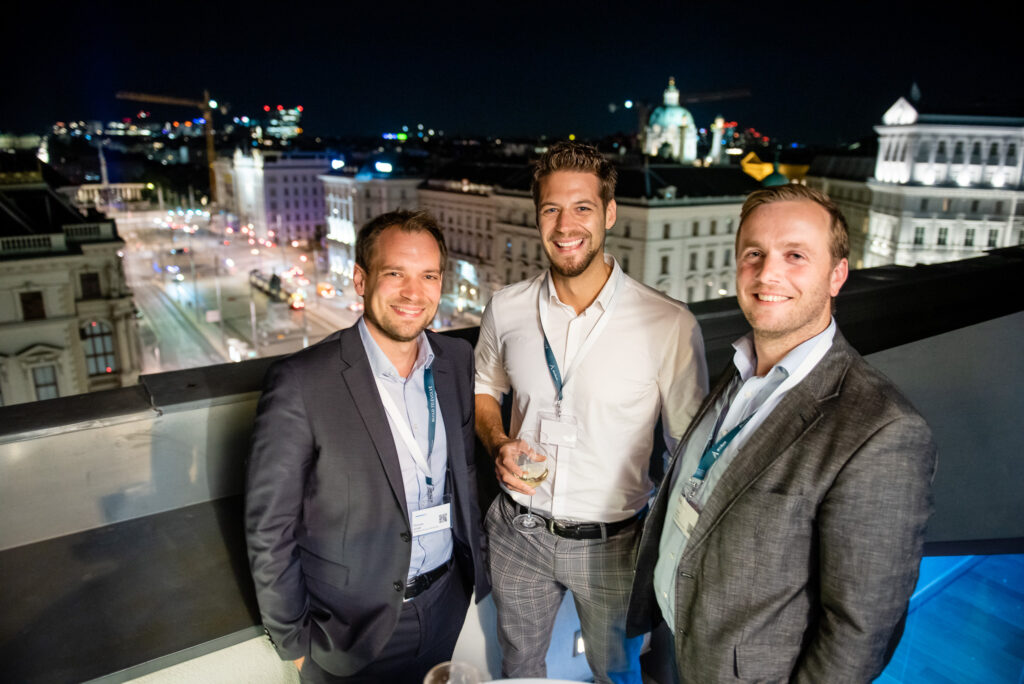

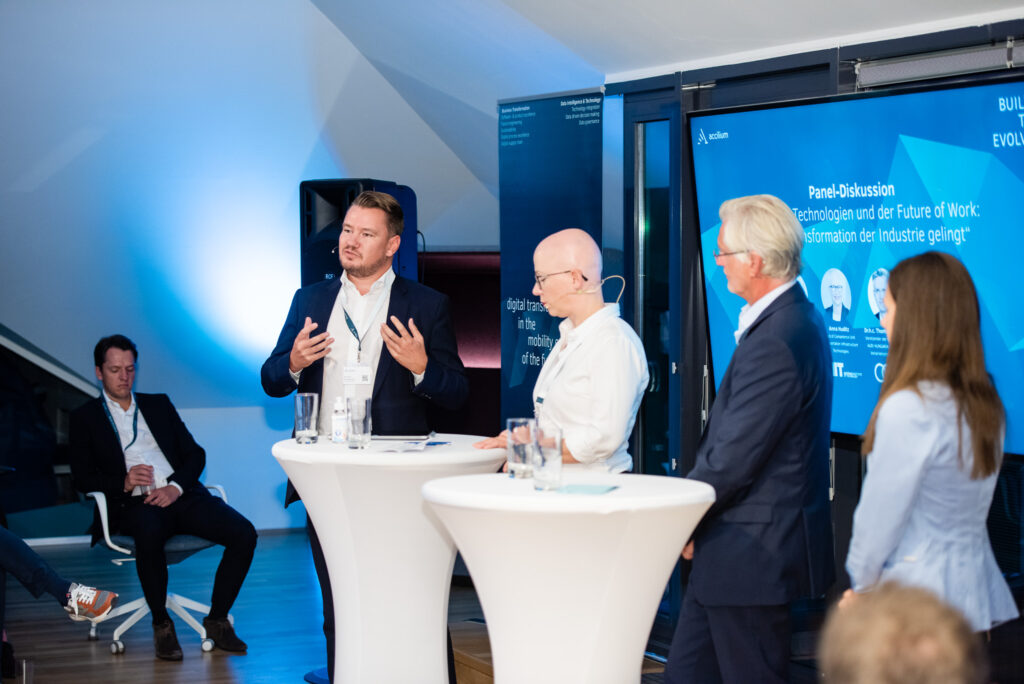
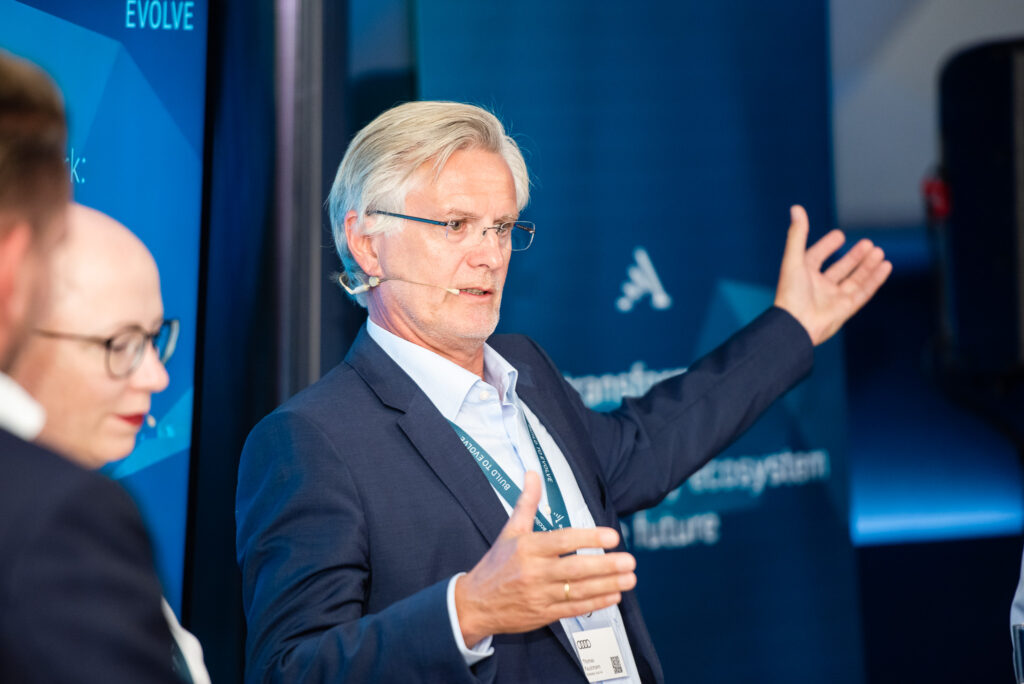

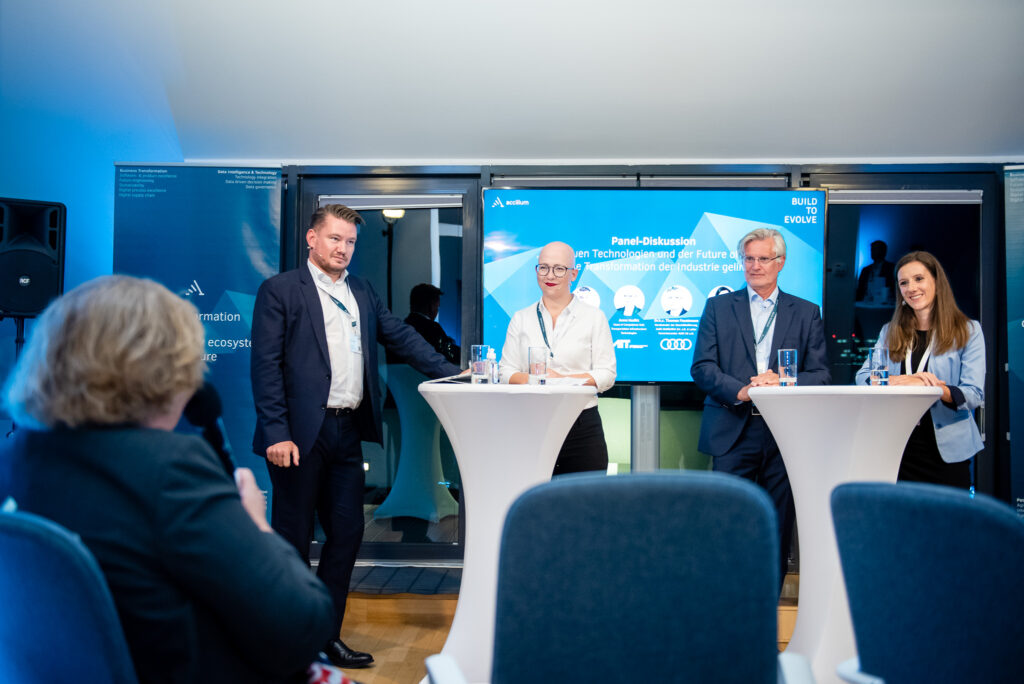
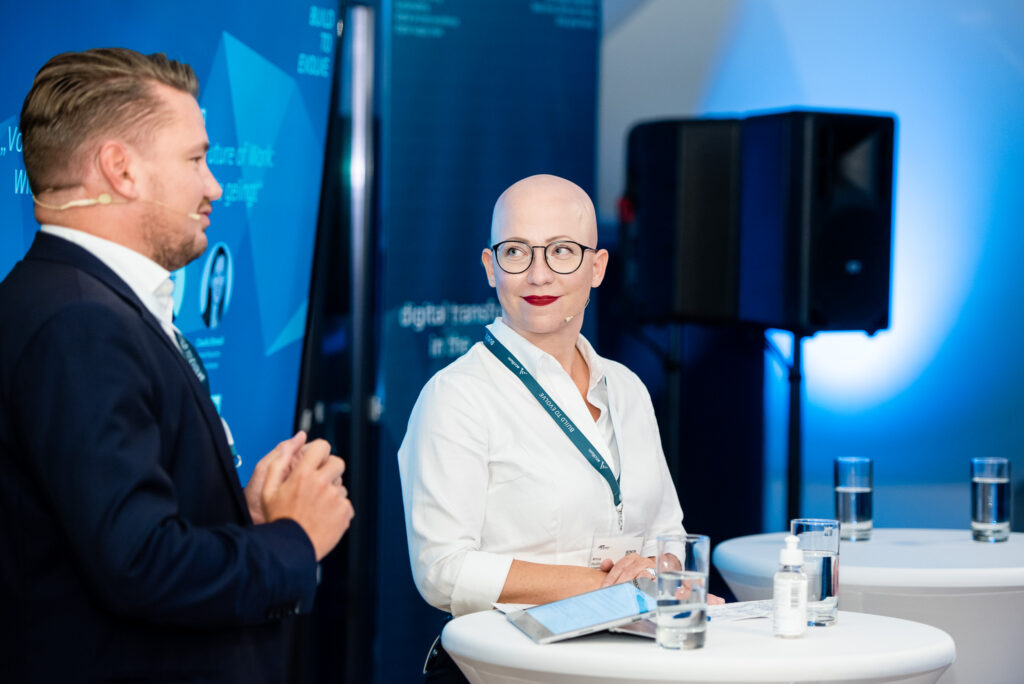
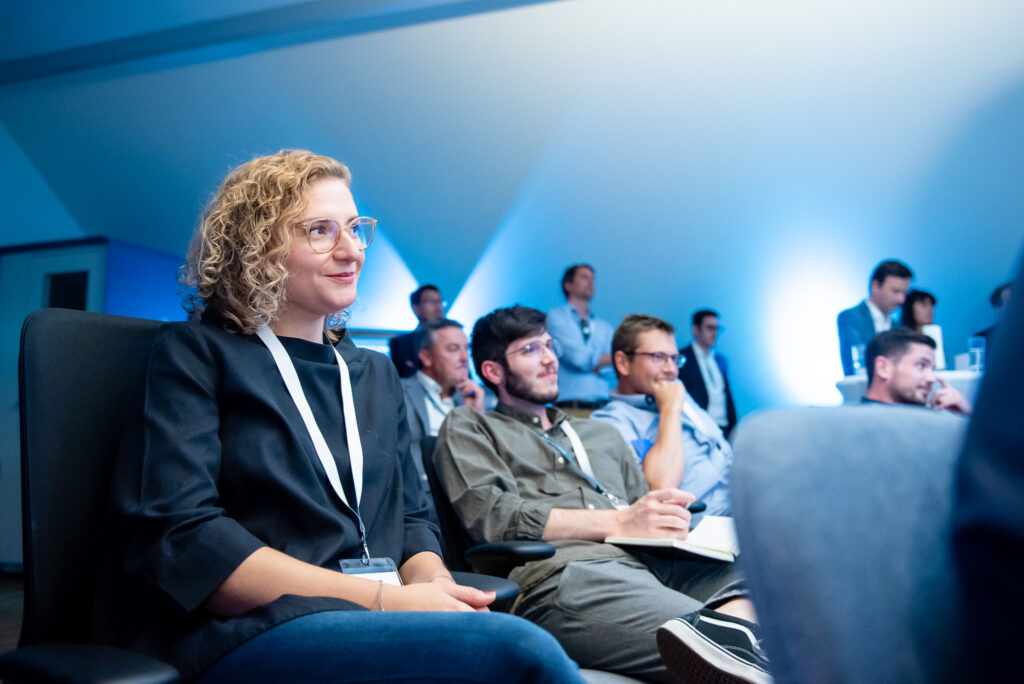

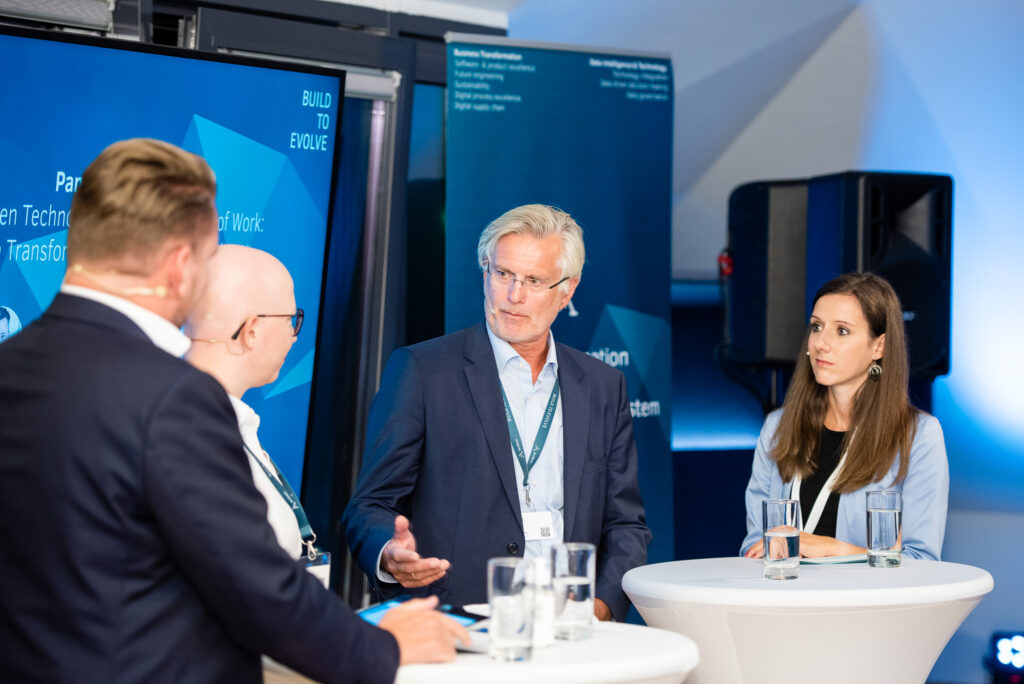
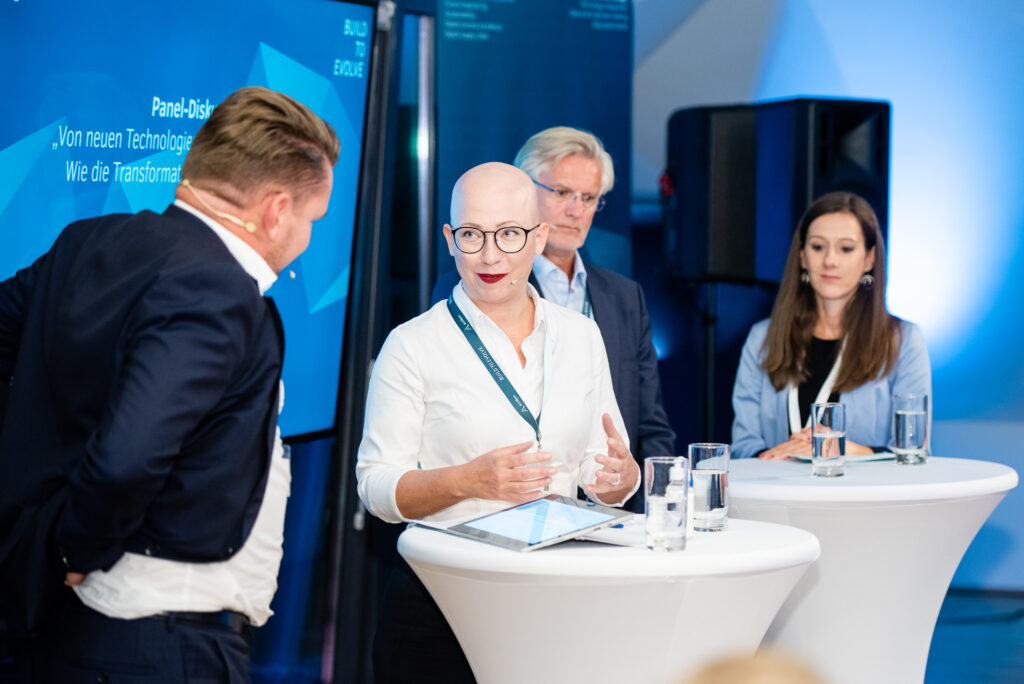
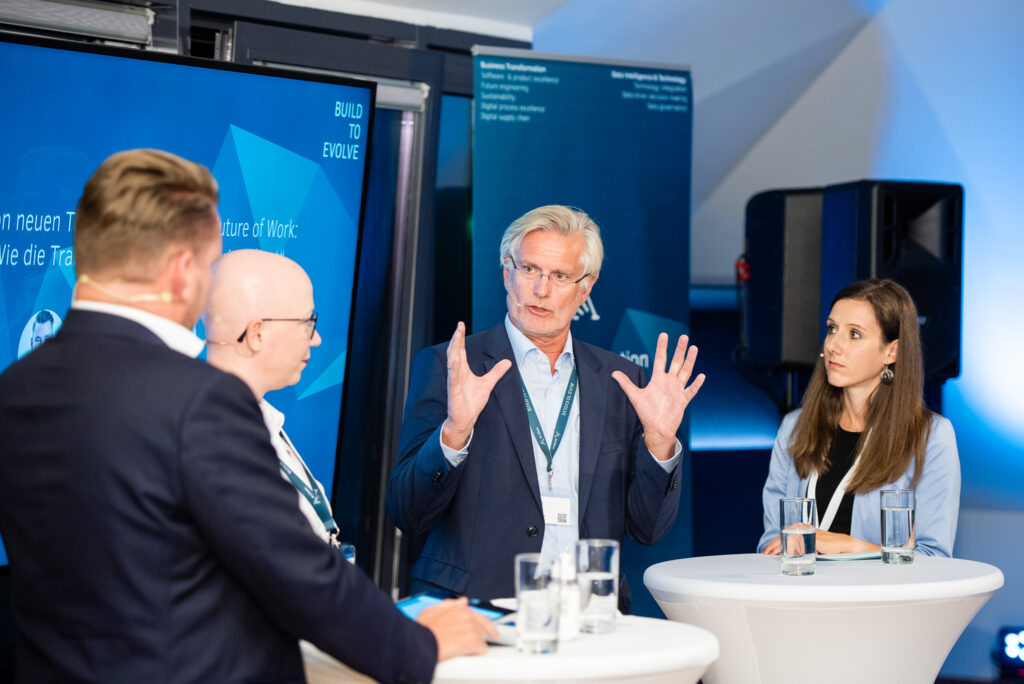
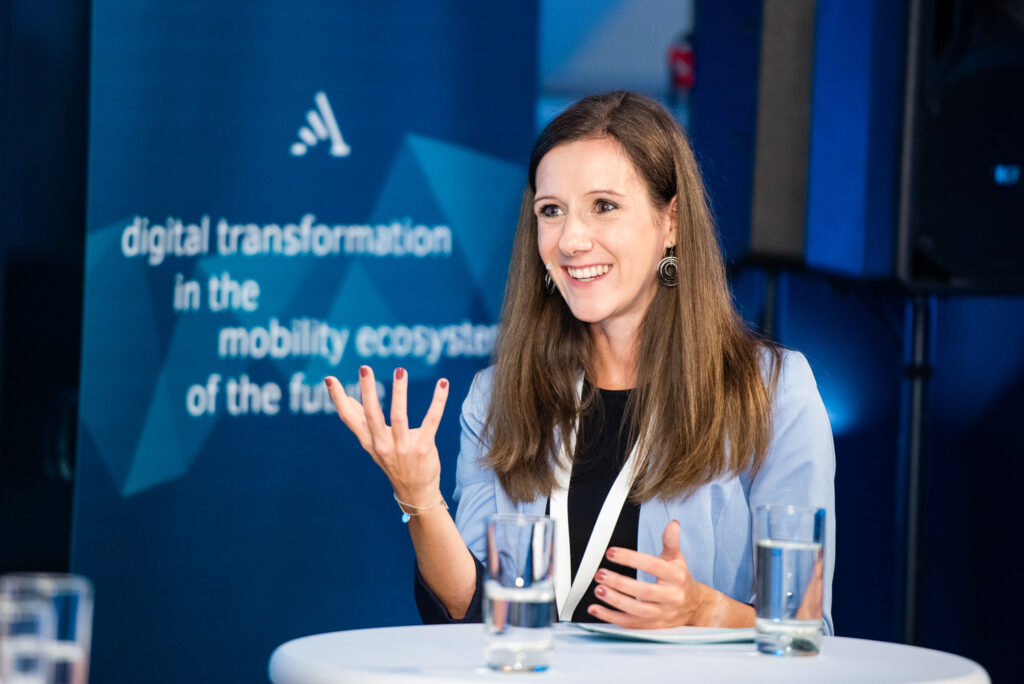
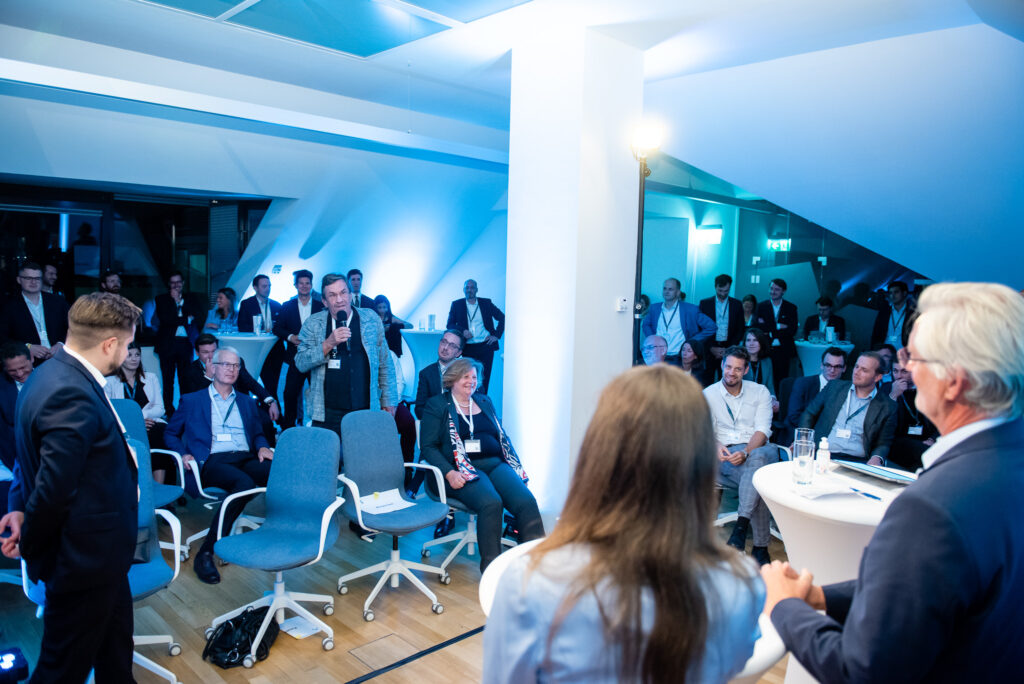

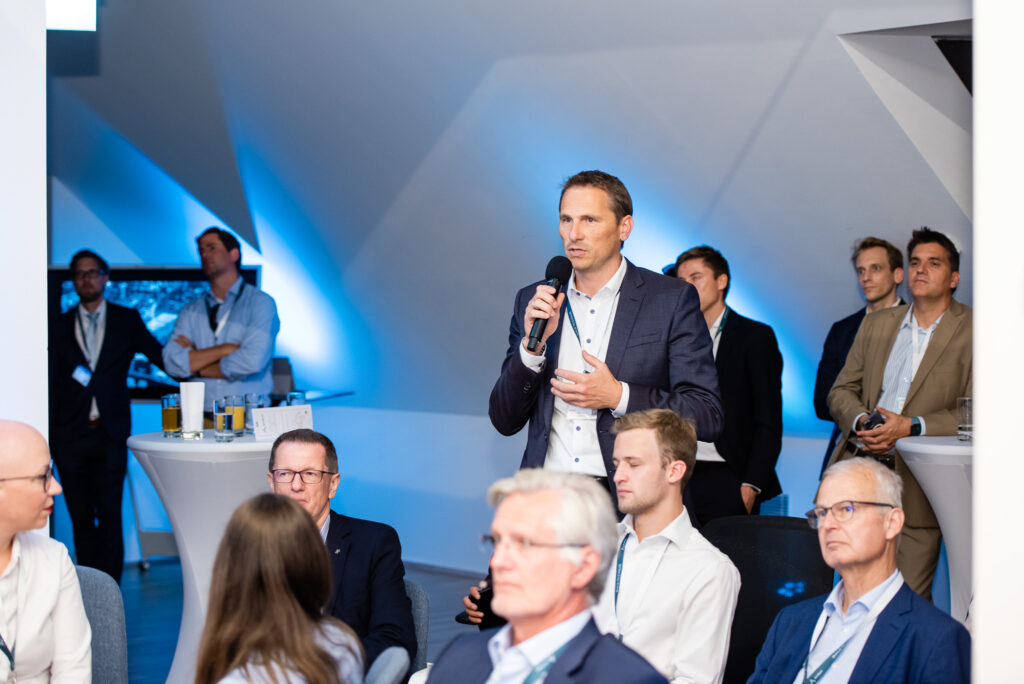

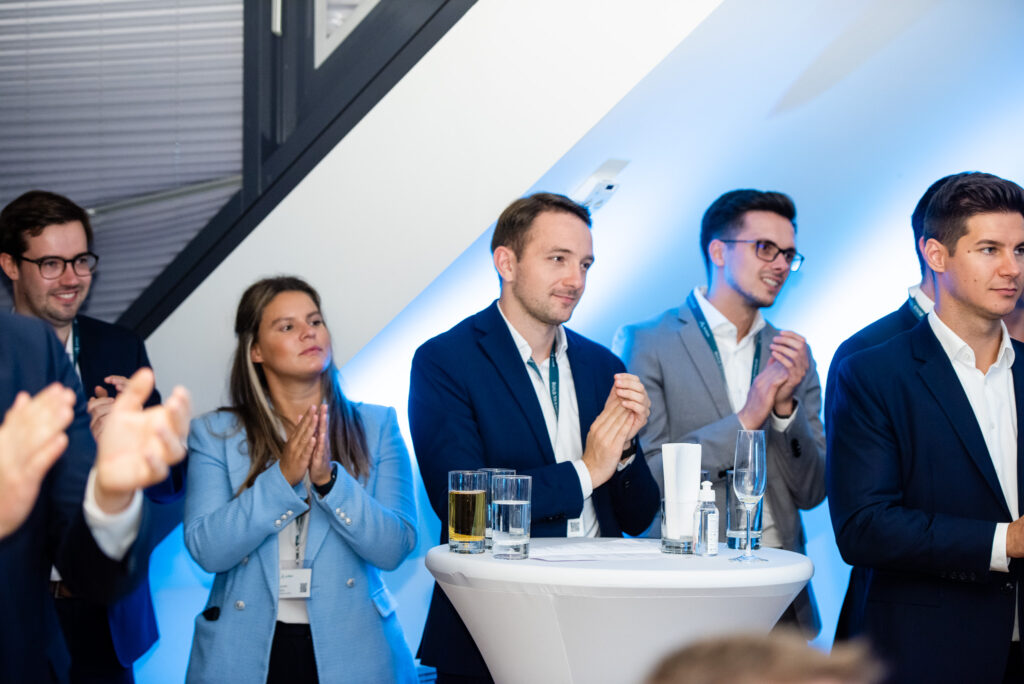
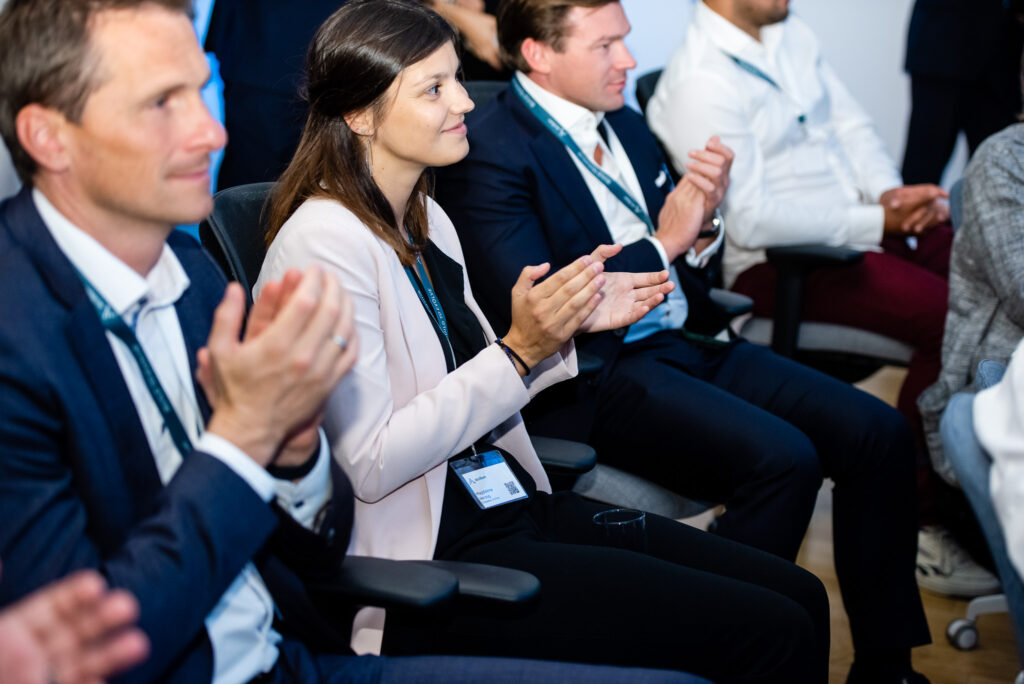
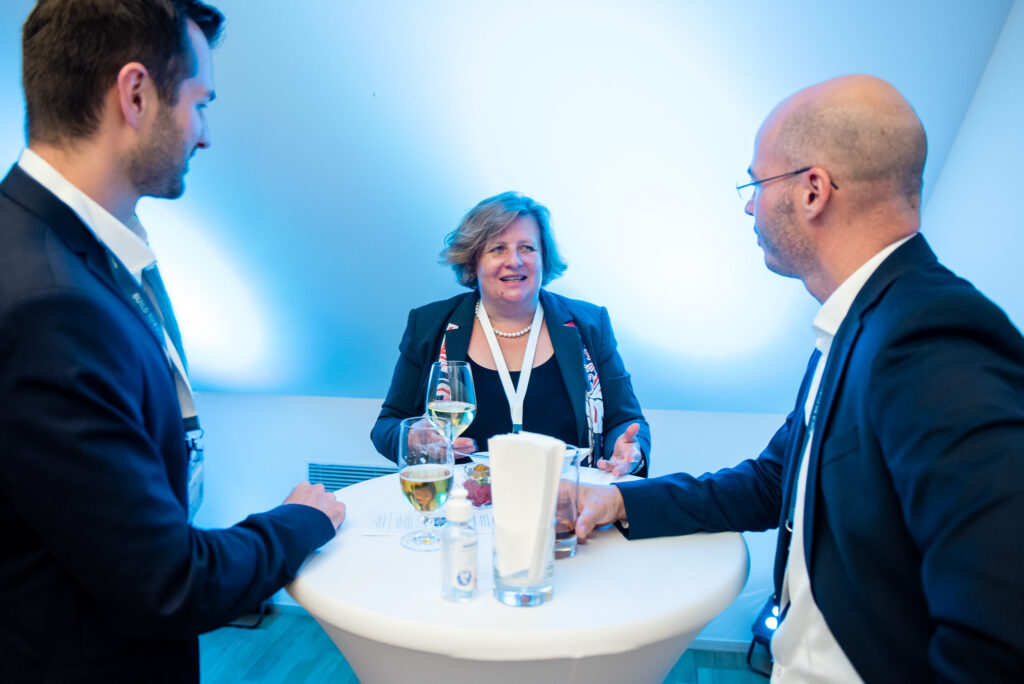
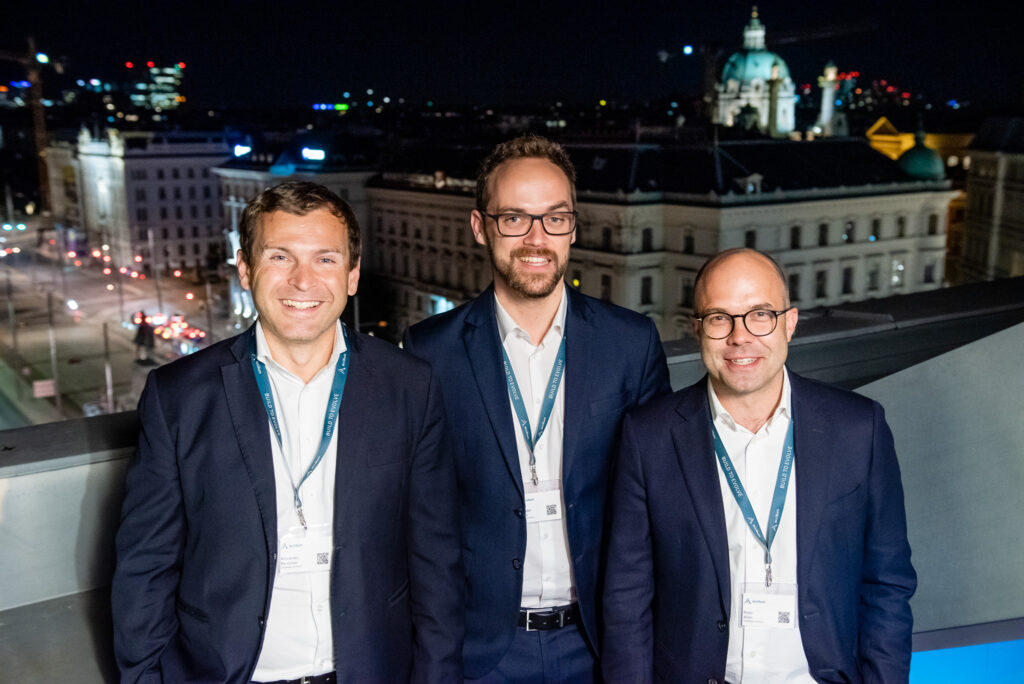
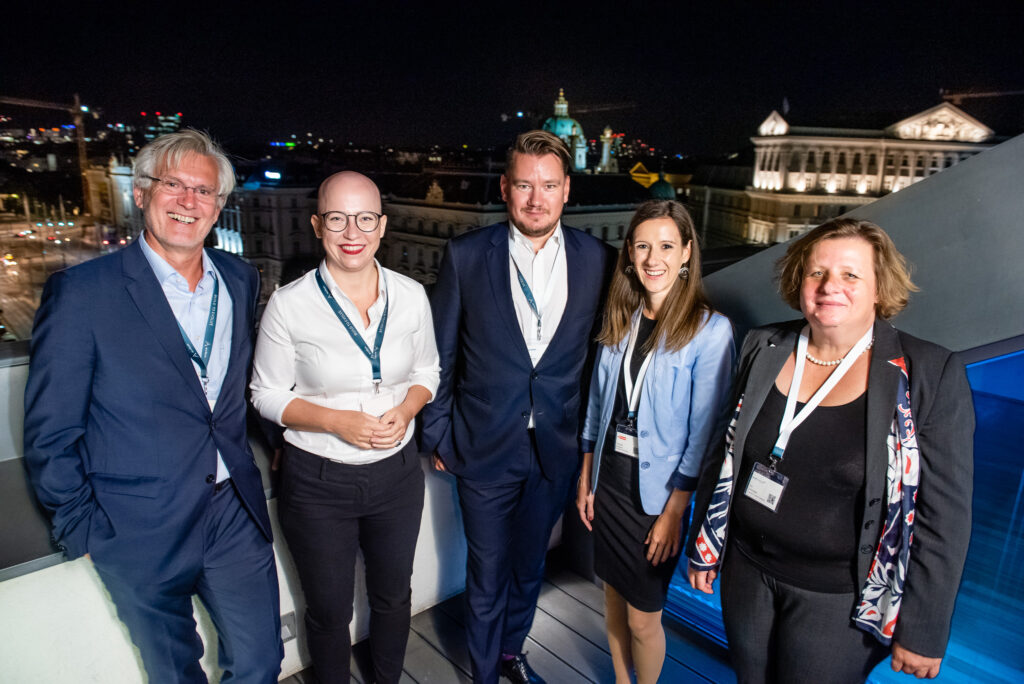
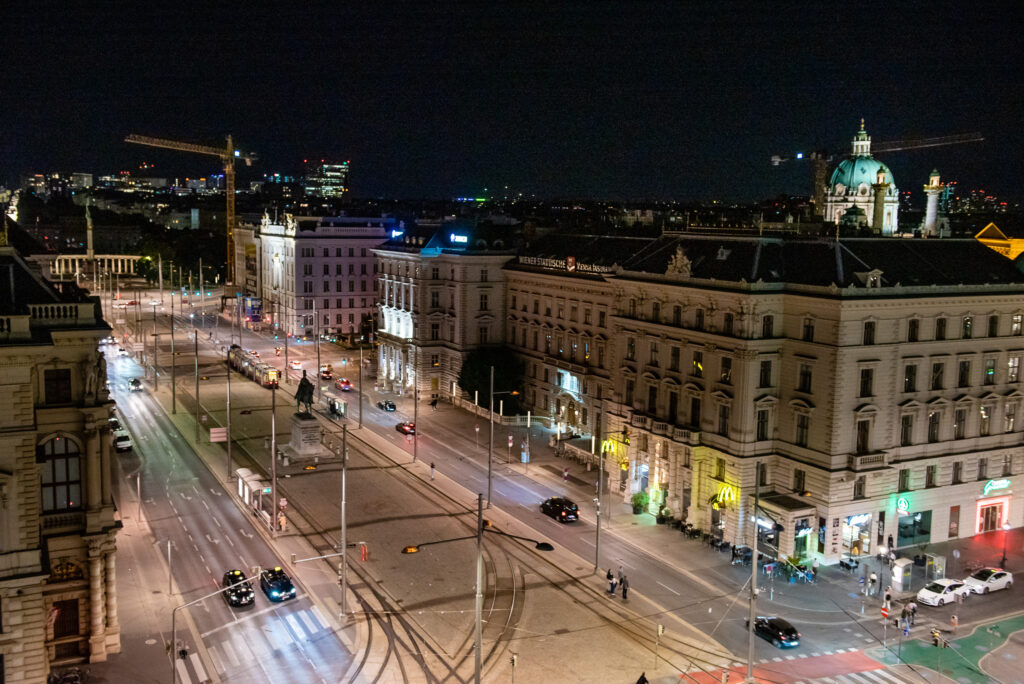
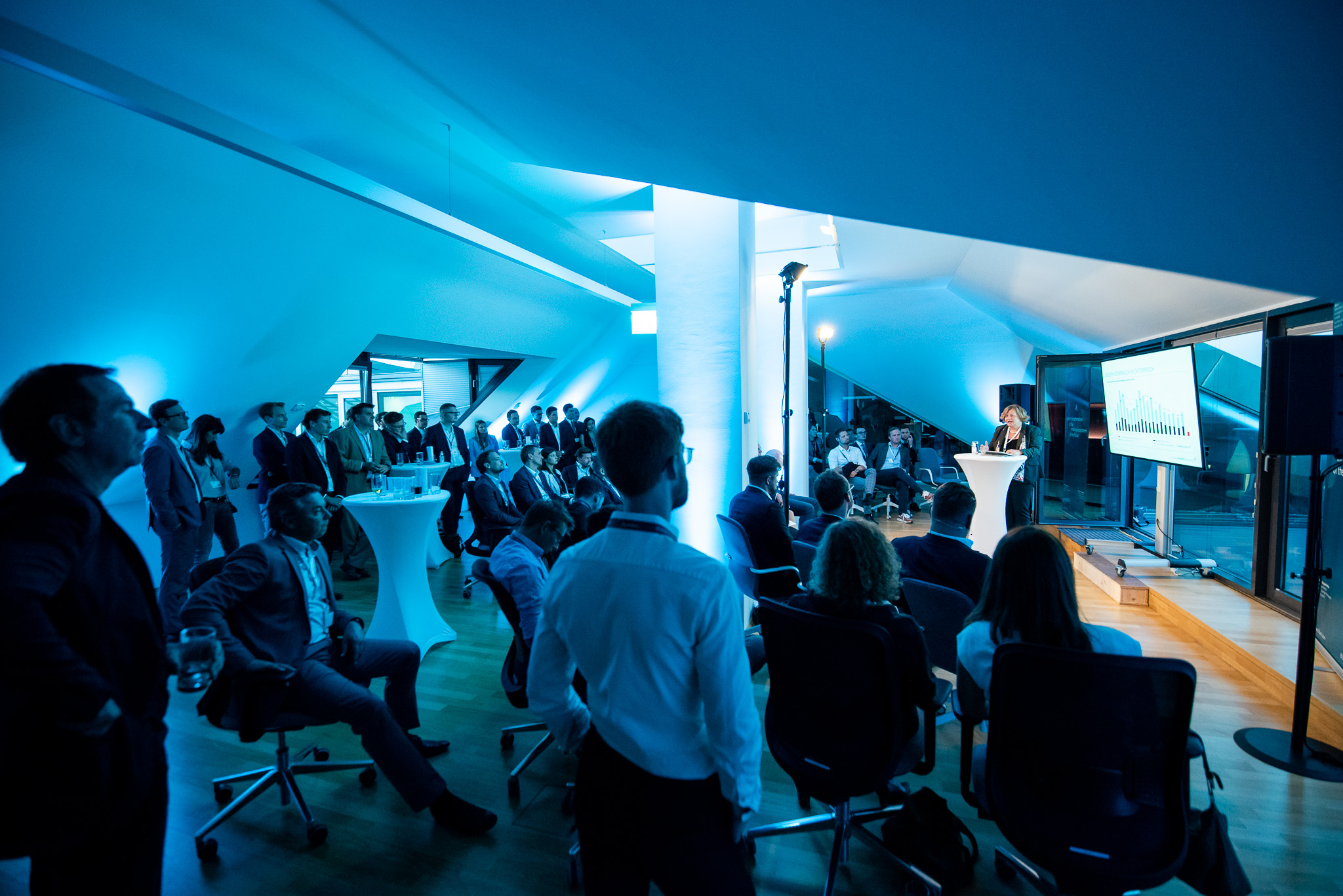
 ISO/IEC 27001:2013 certified
ISO/IEC 27001:2013 certified